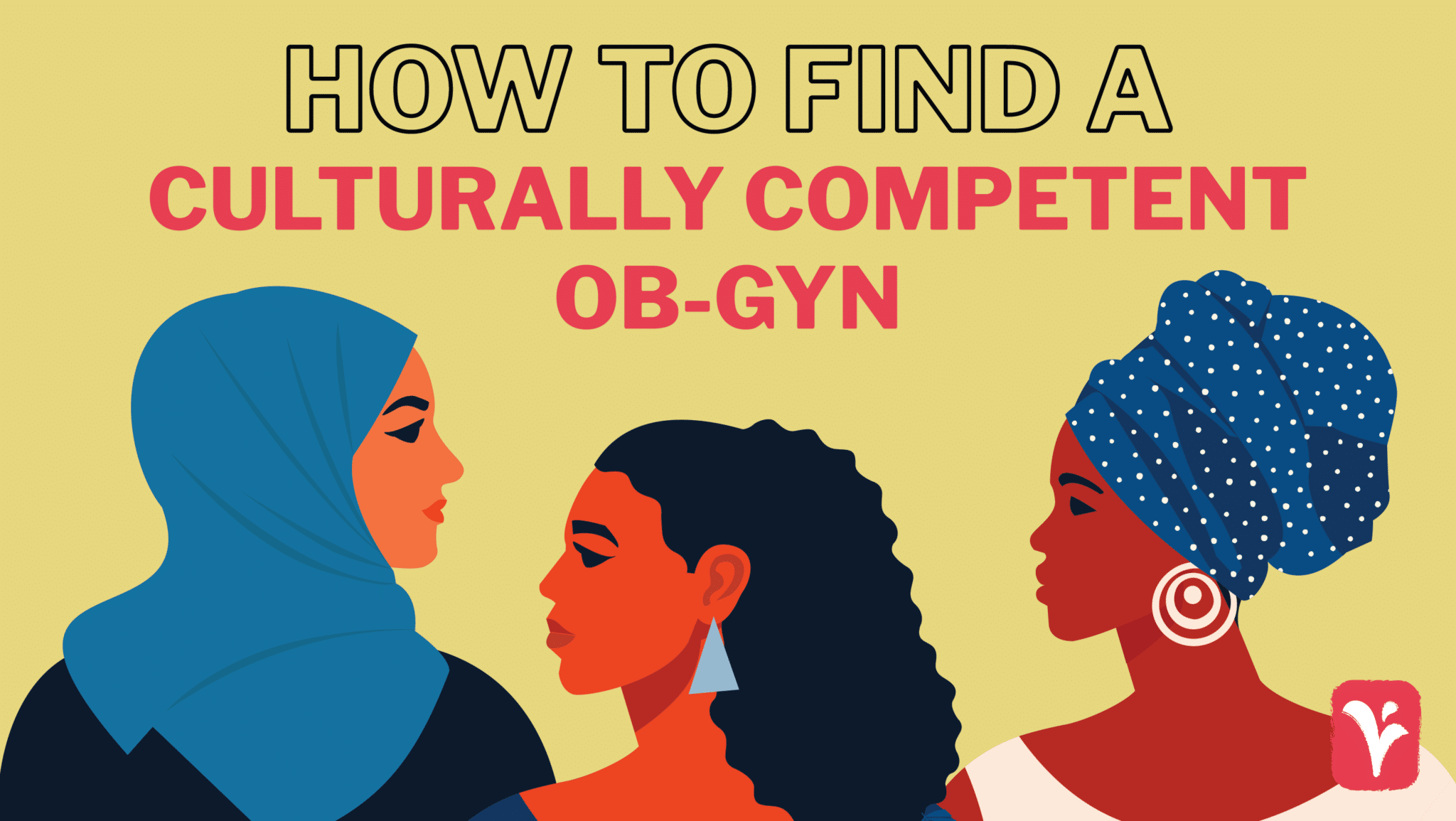Racial disparities have been a long-standing issue, and Black, Indigenous, and other women of color have borne a disproportionate burden. For example, Black women are three times more likely to die from a pregnancy-related cause than white women. While multiple factors contribute to these disparities, lack of culturally competent care remains one of the critical determinants of poor women’s health and maternal and child health outcomes.
Why does having a culturally competent provider matter? Well, according to Renita White, MD, FACOG, board-certified OBGYN, being culturally sensitive means that all patients and their values and representation, regardless of race, sexual identity, or beliefs, are respected.
“Often, people see their OBGYN about topics and issues they may not feel comfortable expressing to others, even their closest friends and families. Patients already feel vulnerable when they walk through the door, whether dealing with pregnancy challenges or problematic gynecologic issues. That is why cultural competency is so important to build a strong foundation of trust between patient and doctor. It is important for health care providers to incorporate this as an integral aspect of care because when patients feel heard, seen, and respected, it improves trust of the provider and cares overall,” says Dr. White,
The lack of cultural competency can fuel mistrust among patients, and it can take longer to address health issues. “In addition, when someone feels someone will judge them or not be accepted by their provider, they may choose to avoid preventative health care visits altogether, such as routine pap smear and annual wellness visits,” explains Dr. White.
How Can You Tell If An OBGYN Is Culturally Competent?
Dr. White says that culturally competent providers should be respectful and be considerate of the patients’ needs. “Examples are asking how someone wants to be addressed (i.e., pronouns) or asking sexual orientation before assuming heterosexual,” White says.
Cultural sensitivity should reach beyond the provider and encompass the entire staff, from the front desk to medical assistants.
Resources for Finding a Culturally Competent OB-GYN
You can use these resources to find culturally sensitive OBGYNs and providers in your area. To make the process easier, we compiled a list of reputable organizations that have been recognized for providing culturally competent care and health information:
Health In Her HUE – an online, digital platform that connects Black women and women of color to culturally sensitive healthcare providers, health content, and community. You can join here.
Minority-focused Organizations – associations representing African American, Asian and Pacific Islander, Hispanic and Latino, and Native American physicians and their patients, provide health information and resources. You can find health information and resources at the following websites: National Medical Association, the Association of American Indian Physicians, the National Council of Asian Pacific Islander Physicians, and the National Hispanic Medical Association.
Planned Parenthood – a non-profit organization providing reproductive health care to diverse populations, including low-income patients and patients who identify as LGBTQ+. Find a health center near you to start getting the care you need.
